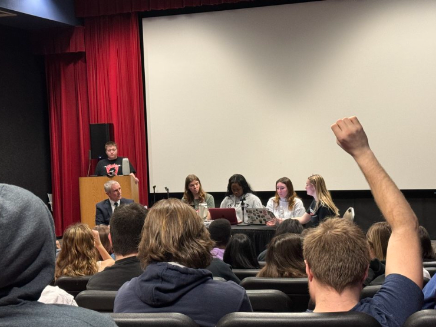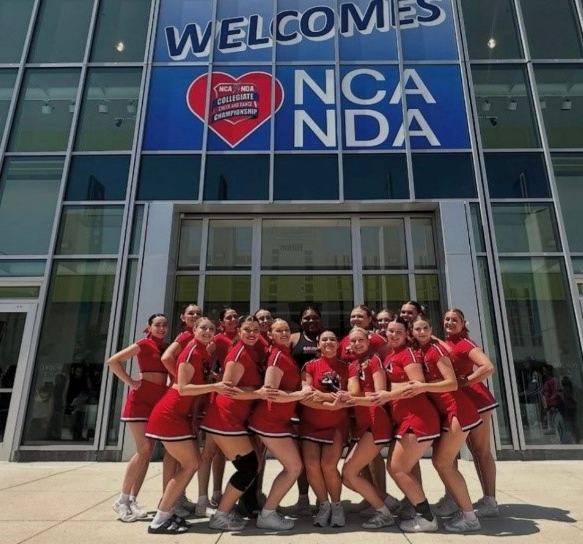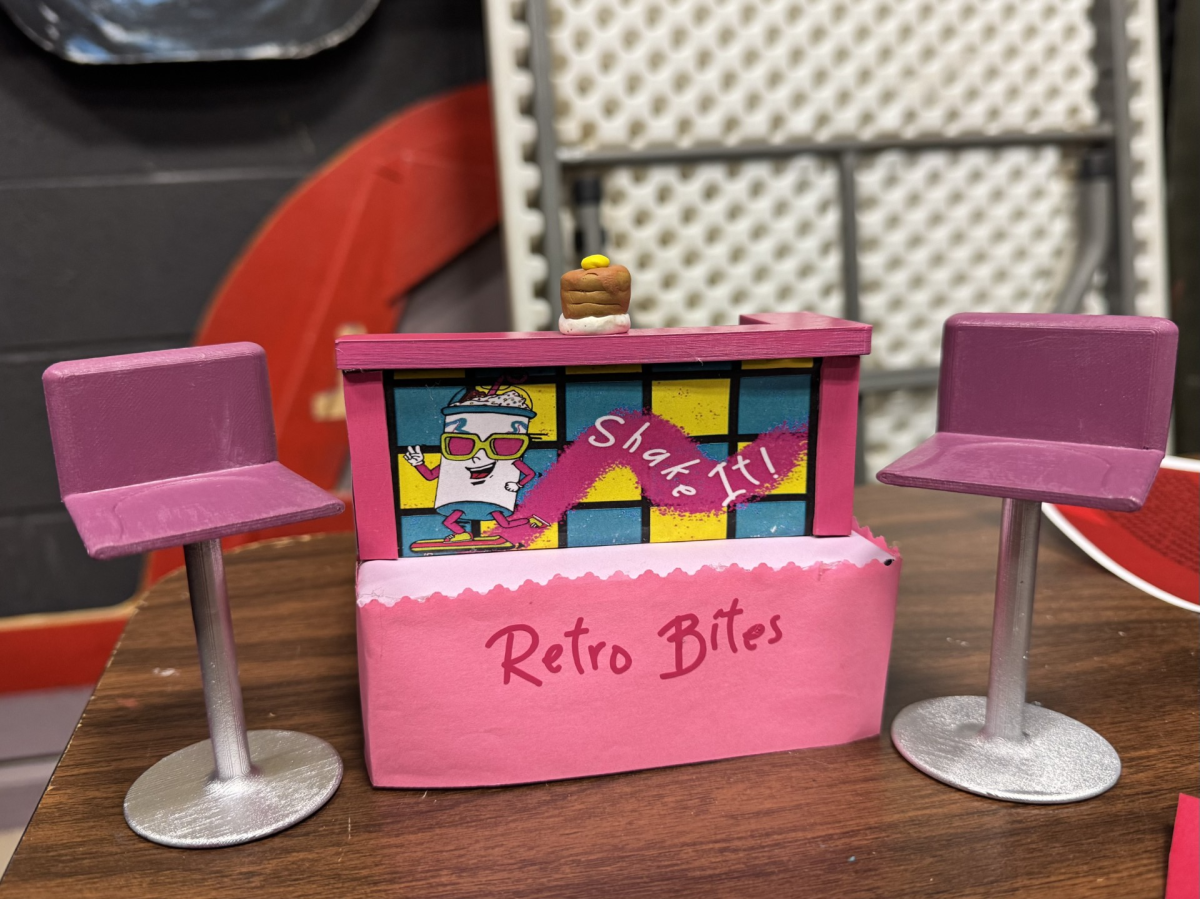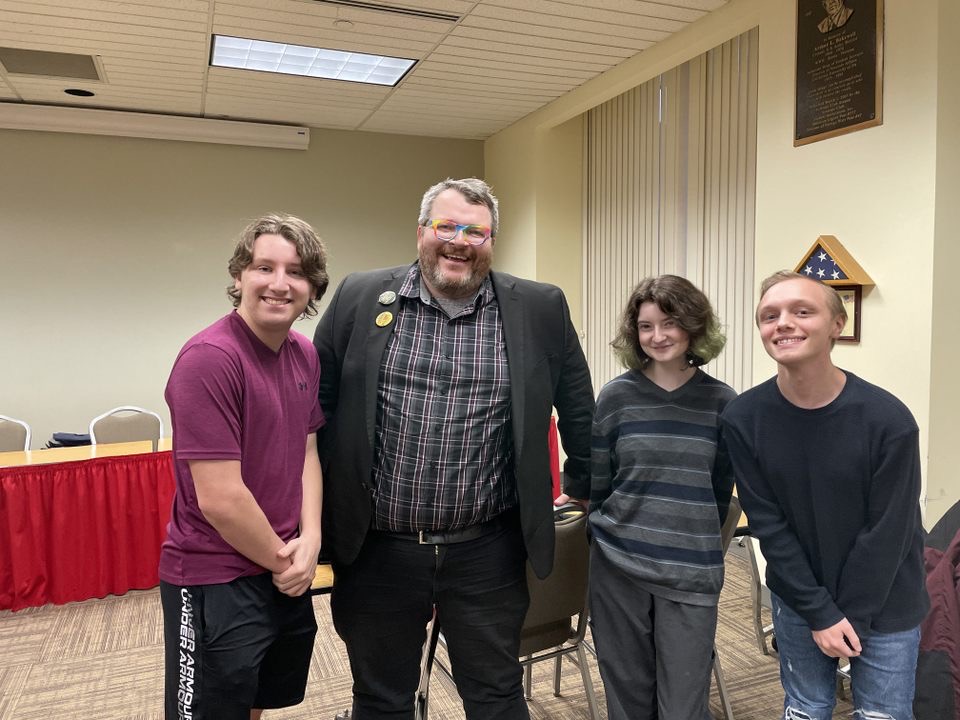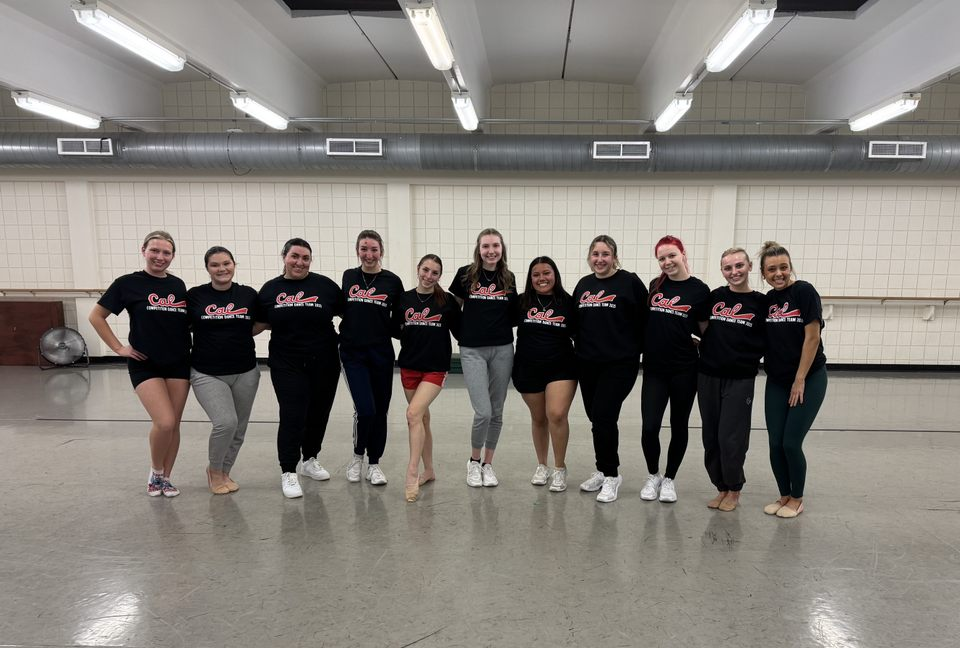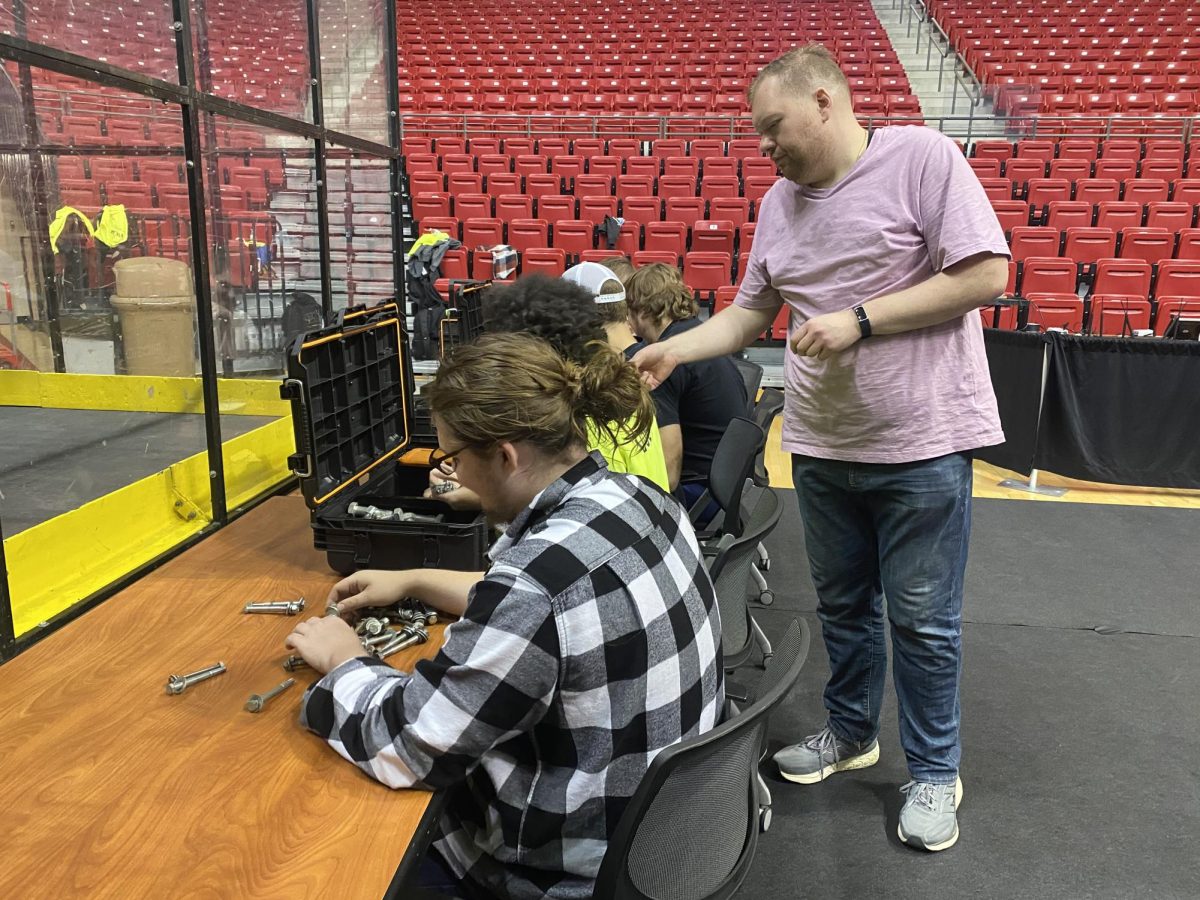For college students who juggle classes with clubs, Greek Life organizations, and athletic commitments, finding time to attend to these responsibilities, or even simply unwind, can be a challenge. For many years, PennWest California has provided a resource for these students, through its execution of common hour.
At PennWest California, common hour occurs every Tuesday and Thursday from 11 a.m. to 12:15 p.m. Class sections are not scheduled during this designated time slot, to allow for campus-wide events to take place. During this time, clubs hold meetings for their members, athletes spend time training, Greek Life members hold events, and other students simply take a lunch break in between a hectic day of classes.
In recent discussions and revisions, the PennWest Faculty Senate has floated the idea of eliminating common hour from the university’s schedule, thus allowing classes to occur during this time slot. The removal of common hour would allow PennWest to offer a greater variety of face-to-face classes. Classes would then be confined to the hours between 9 a.m. to 3 p.m.
Since the merge of the three PennWest campuses, many students have voiced a desire for the university to offer more face-to-face classes, as many in-person sections have been switched to online instruction. Still, the proposed removal of common hour has caused uproar throughout the campus, as many students fear that the change will negatively impact clubs, organizations, and athletic groups.
The Student Government Association Meeting that occurred on March 4th saw a significant turnout of students prepared to voice their concerns. Interim Provost and Vice President of Academic Affairs James Fisher attended the meeting to provide further clarity to the controversial plan.
Fisher explained that through the faculty senate’s recent discussions and examinations of the scheduling of classes, it was decided that removing common hour is the best option to broaden students’ options when scheduling their classes.
“We still want to have those experiences that we have had,” Fisher said in reference to the activities that are held during common hour. “But we want to find additional options. We want students to have the option to take courses during that time. Nobody’s required to take courses on Tuesday and Thursday at 11, but we want to have that additional option.”
On Mondays, Wednesdays, and Fridays, from 8 a.m. to 8 p.m., Fisher explained, there are about ten time slots for classes to be held. Tuesdays and Thursdays are more difficult in terms of scheduling; however, as class sessions are longer, so there are only five to six time slots. When common hour is added to the schedule, the number of class sections only decreases. Scheduling becomes even more of a conflict for hard science classes, with 100 or 150 minute classes, and studio art classes, with 2 hour and 20 minute classes.
9:30 a.m. and 12:30 p.m. class sessions are the most popular time slots for students to take classes, with around 100 sections being offered during this time, Fisher explained. Classes offered earlier or later than this time are much less popular for students.
“The effect is that it reduces student choice,” said Fisher. “Now, you have more courses competing against one another. When you have a hundred sections at 9:30 and 100 sections at 12:30, there is a very good chance that you will want to take two of those courses, and you can’t.”
Fisher explained that this leads to students being further compelled to take courses online. And while there is value in taking courses online, Fisher believes that students should always be given a face-to-face option.
“It is part of our brand to give you the opportunity to take online classes,” Fisher said. “But, it is not the core of what we do. Our core is that you have the option to take these face to face classes.”
When the discussion was opened up to students, many students voiced concerns regarding the proposed plan.
Junior Alexis Steenberg raised questions about whether the removal of common hour would actually benefit hard science majors.
“I am a mechatronics major,” Steenberg said. “If we change to having labs at 11:00, there are semesters where I have two labs back to back, which would mean that I would have 15 minutes to eat from 8 a.m. to 1:45. I just don’t think that is respectful to anyone who would like to eat. And we’re also hard science majors, and we have never complained about the lab times.”
Senior Olivia Russo raised the concern regarding the SAI requires that mandatory meetings and events occur during that time. If clubs don’t have members attend those events, their clubs receive a penalty.
“If we don’t have a common hour, my clubs would risk being penalized,” Russo said. “So I’m a student who’s not in hard science, I’m not an art major—I’m only getting hurt by this.”
Fisher responded by explaining that if the plan is implemented, adjustments will be made to the current rules regarding club attendance. He also remarked that the “solution” to the issues that will come with removing common hour does not yet exist, but it will come through further discussions and conversations with students.
Junior Sydney Cohcran expressed during the meeting that the faculty senate needs to consider what is best for the California campus itself rather than considering all three campuses together.
“I feel as though we are combining into one which is the whole goal, but I don’t think our campuses are one size fits all,” Cochran said. “I feel that our identities are going away, and I think our common hour is one thing that we thrive off of—one thing that is a big identity for our campus.”
Fisher remarked on the “robust athletic and extracurricular life” at Clarion and Edinboro, and that existed before a common hour.
Student Government Association President Darrek Harshberger remarked that because PennWest has a high population of commuters, the removal of common hours is a disconnection for those students, as well as impacting the social atmosphere overall.
“I fear that clubs and organizations that have been working extremely hard are going to have to work diligently to find a new time and then risk not being active,” Harshberger said. “I fear that the athletes will have to look at a whole new schedule for trainings, meetings, and practice, which will overwhelm our athletes. This decision to remove is going to have a definite impact on our students from multiple departments and I truly fear that this will cause a lack of involvement and socialization on any PennWest campus.”

